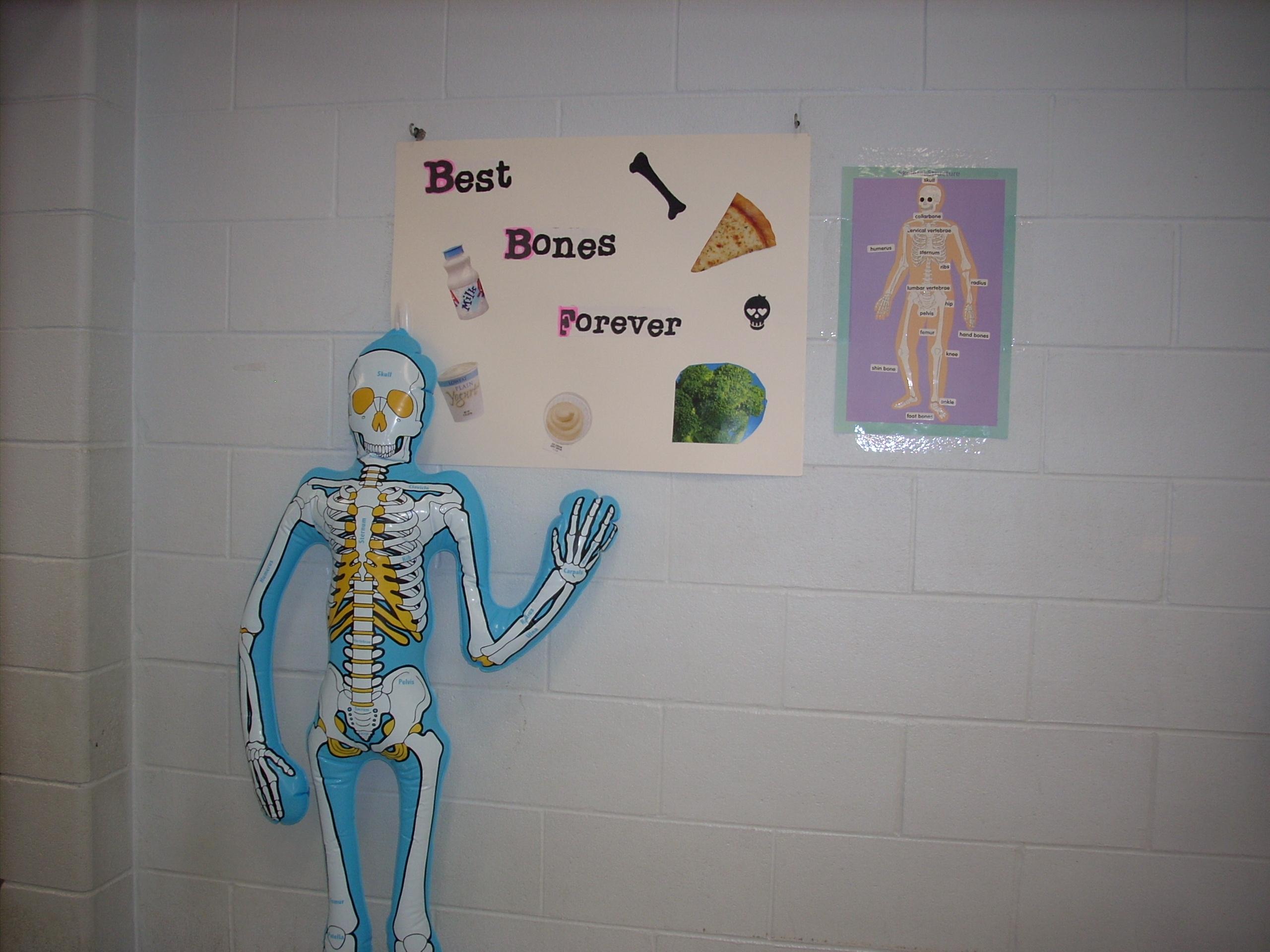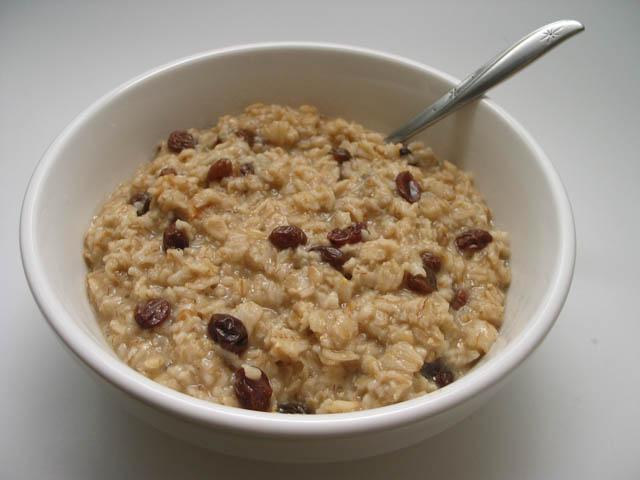Maintaining bone health is a crucial aspect of overall well-being that often goes unnoticed until problems arise. Our bones provide the framework for our bodies, protect vital organs, and store essential minerals, yet many of us don’t give them the attention they deserve until later in life. Fortunately, nurturing your bones doesn’t have to be complicated. By making informed dietary choices, you can support bone strength and reduce the risk of conditions such as osteoporosis. In this article, we will explore the best tips for maintaining bone health through diet, offering practical advice that is easy to incorporate into your daily routine. Whether you’re just starting your journey towards better bone health or looking to enhance your existing habits, these tips will empower you to take proactive steps with empathy and understanding.
Understanding Nutritional Needs for Strong Bones
To maintain strong and healthy bones, it’s crucial to understand the role of essential nutrients in your diet. Calcium and Vitamin D are at the forefront, but they are not the only nutrients that contribute to bone health. Your bones require a balanced diet that includes a variety of vitamins and minerals to support their structure and function.
- Calcium: This mineral is the building block of your bones. Incorporate foods like dairy products, leafy greens, and fortified cereals to meet your daily requirements.
- Vitamin D: Helps your body absorb calcium. Spend time in sunlight and include foods such as fatty fish, egg yolks, and fortified foods.
- Magnesium: Found in nuts, seeds, whole grains, and green leafy vegetables, magnesium supports bone density.
- Vitamin K: Essential for bone metabolism, present in foods like kale, spinach, and broccoli.
| Nutrient | Daily Recommended Intake | Sources |
|---|---|---|
| Calcium | 1000 mg | Dairy, leafy greens |
| Vitamin D | 600 IU | Sunlight, fatty fish |
| Magnesium | 320 mg (women), 420 mg (men) | Nuts, seeds |
| Vitamin K | 90 mcg (women), 120 mcg (men) | Green vegetables |
Remember, it’s not just about eating the right foods; it’s also about avoiding certain substances that can deplete your bone density. Limit your intake of salt, caffeine, and alcohol to maintain optimal bone health. By making these dietary adjustments, you can support your skeletal system and reduce the risk of bone-related conditions as you age.

Incorporating Calcium-Rich Foods into Your Daily Meals
Enhancing your meals with calcium-rich foods can be a delightful journey towards stronger bones. Start by integrating dairy products like milk, cheese, and yogurt into your breakfast routine. For those who are lactose intolerant or prefer plant-based options, fortified almond or soy milk offers a great alternative. Don’t forget about the leafy greens—spinach, kale, and broccoli are not only versatile but also packed with calcium.
- Breakfast: Add a slice of cheese to your morning omelette or blend a smoothie with fortified plant milk.
- Lunch: Toss a handful of kale into your salad or opt for a yogurt-based dressing.
- Dinner: Enjoy a serving of baked salmon, rich in both calcium and vitamin D.
For a creative twist, incorporate seeds and nuts into your snacks. Almonds, sesame seeds, and chia seeds are excellent choices that can easily be sprinkled over salads or mixed into yogurt. Consider using the table below as a guide to balance your daily intake:
| Food | Calcium (mg) |
|---|---|
| Almonds (1 oz) | 76 |
| Broccoli (1 cup) | 62 |
| Fortified Soy Milk (1 cup) | 299 |
Remember, balance is key. By thoughtfully choosing and combining these foods, you not only enhance your meal’s flavor but also ensure that your bones receive the nutrients they need to stay healthy and strong.

Enhancing Bone Health with Essential Vitamins and Minerals
Strong bones are essential for a healthy and active lifestyle, and ensuring that your diet is rich in vital nutrients is a proactive step towards maintaining bone health. Here are some key vitamins and minerals that play a crucial role in bone maintenance:
- Calcium: The building block of bones, calcium is fundamental. Incorporate dairy products, leafy greens, and fortified foods to meet your daily needs.
- Vitamin D: This vitamin enhances calcium absorption. Enjoy sunlight exposure and include fatty fish, egg yolks, and fortified foods in your diet.
- Vitamin K: Vital for bone mineralization, leafy greens like spinach and kale are excellent sources.
- Magnesium: Found in nuts, seeds, and whole grains, magnesium supports bone structure.
- Phosphorus: A crucial component of bone tissue, it is found in meat, dairy, and nuts.
Consider integrating the following foods into your daily meals for a nutrient-rich boost:
| Food | Key Nutrient | Benefit |
|---|---|---|
| Almonds | Magnesium | Supports bone density |
| Sardines | Calcium, Vitamin D | Boosts bone strength |
| Spinach | Vitamin K | Promotes bone mineralization |
Ensuring a well-balanced diet that includes these essential vitamins and minerals is a compassionate approach to nurturing your bones. Remember, consistency is key, so aim to incorporate these nutrients regularly for optimal results.

Practical Meal Planning for Optimal Bone Strength
Fostering bone strength isn’t just about consuming enough calcium. It’s about crafting a meal plan that integrates a variety of nutrients known to bolster bone health. Calcium, vitamin D, magnesium, and vitamin K play pivotal roles in maintaining strong bones. Here’s how you can incorporate these essentials into your daily meals.
- Start your day with a calcium-rich breakfast: Consider options like fortified oatmeal or a smoothie with spinach, almond milk, and chia seeds.
- Snack smartly: Opt for yogurt with a sprinkle of nuts or seeds. Both are excellent sources of calcium and magnesium.
- Lunch and dinner ideas: Include fatty fish like salmon for vitamin D, and leafy greens such as kale or broccoli for both calcium and vitamin K.
Understanding which foods offer the best nutrients can guide your planning. Here’s a quick reference table to help you select foods that are beneficial for your bones:
| Food | Key Nutrient |
|---|---|
| Almonds | Magnesium |
| Fortified Orange Juice | Calcium, Vitamin D |
| Egg Yolks | Vitamin D |
| Spinach | Calcium, Vitamin K |
By diversifying your meals and focusing on these nutrient-rich foods, you can create a balanced diet that supports bone health. Remember, it’s not about perfection, but consistency and variety in your dietary choices.








































